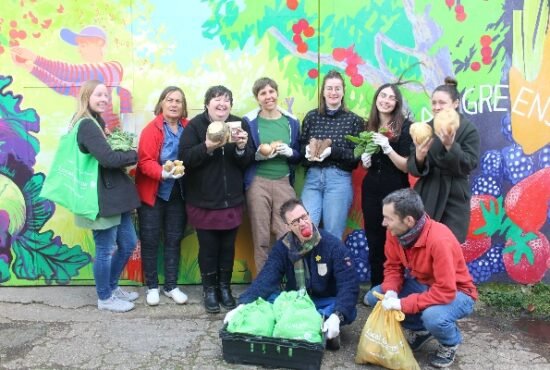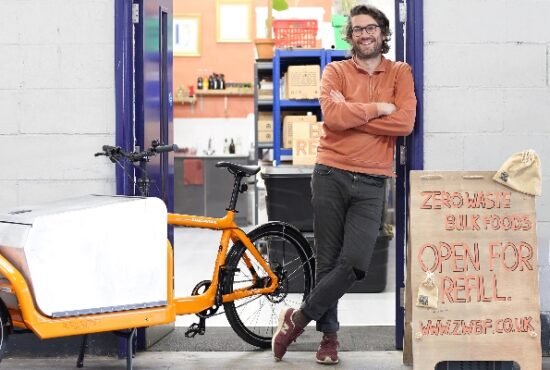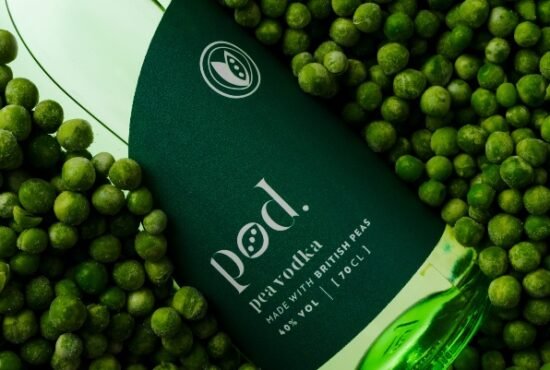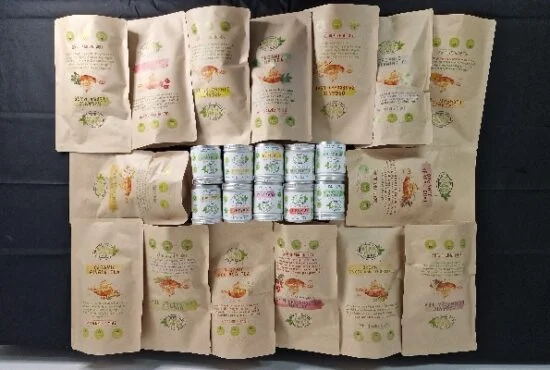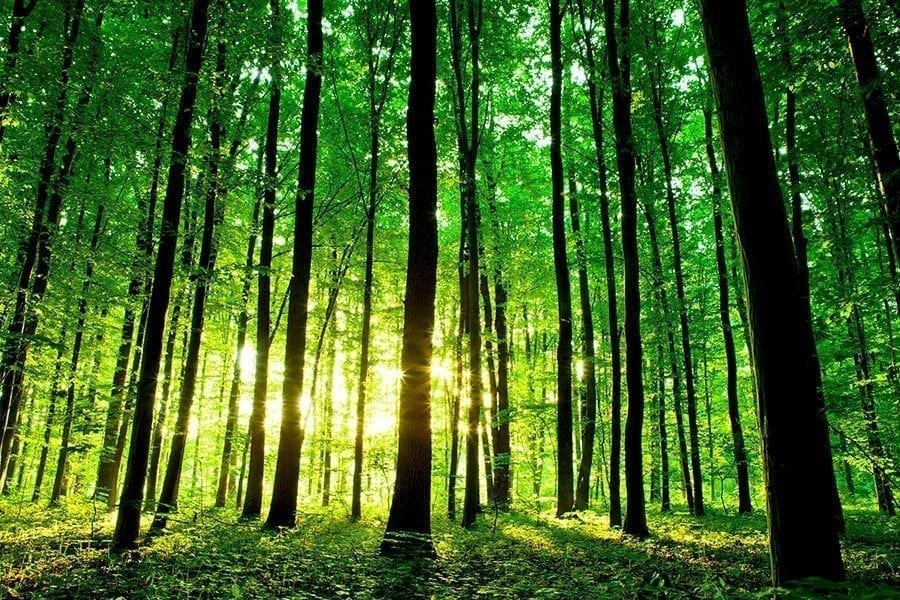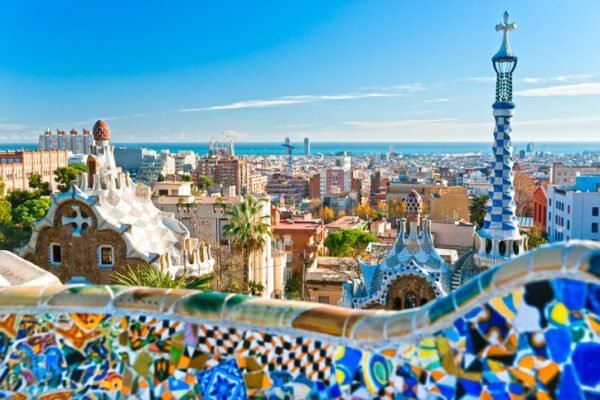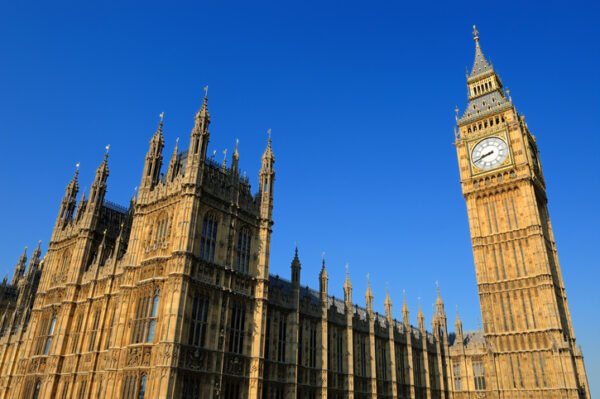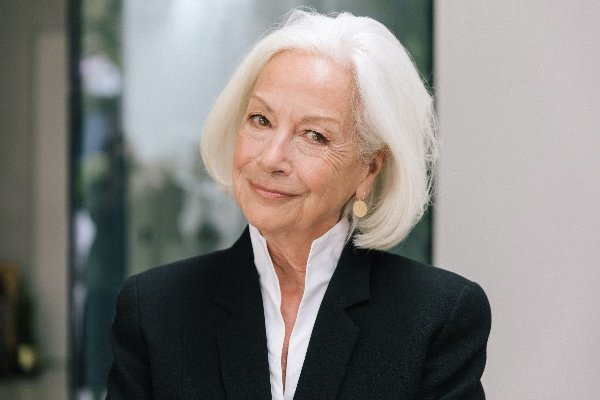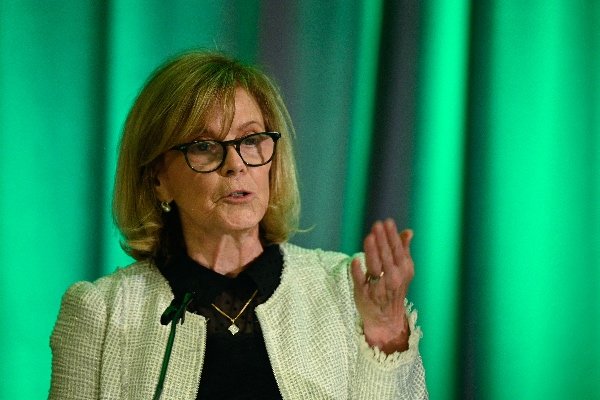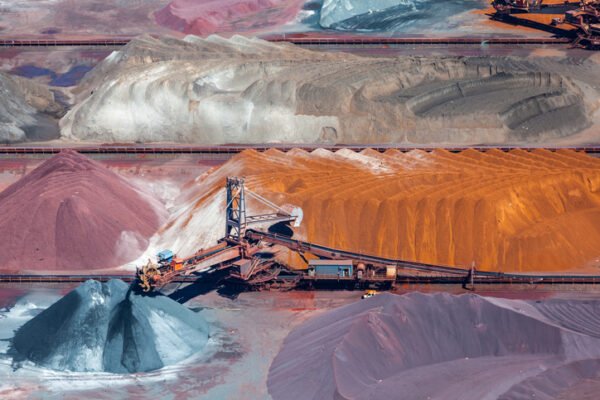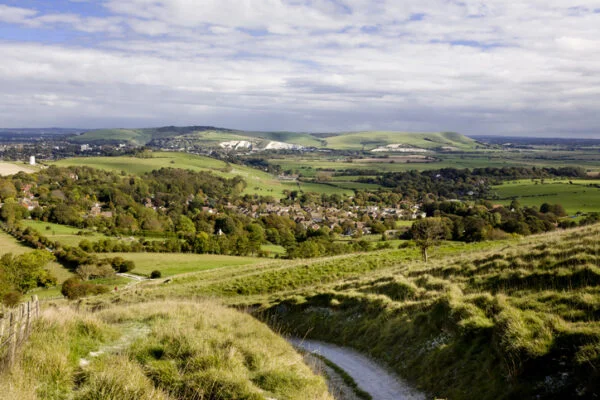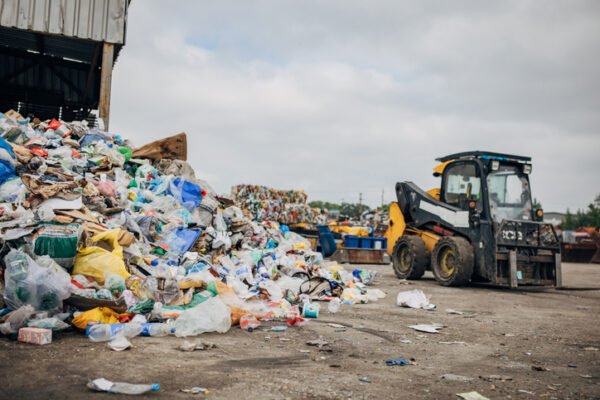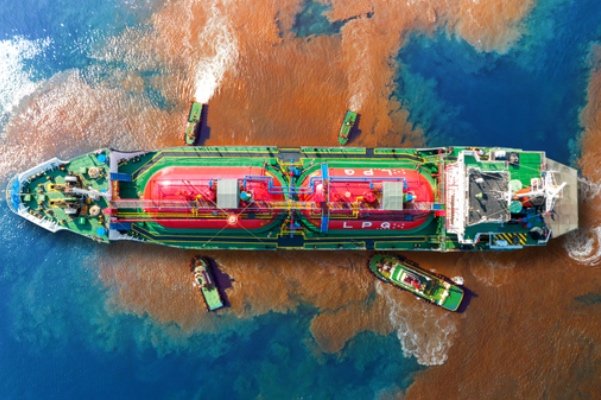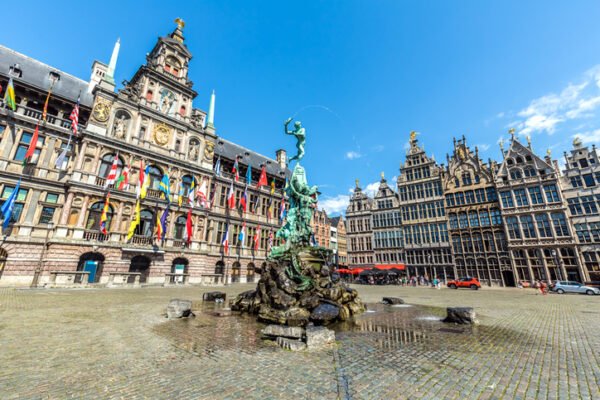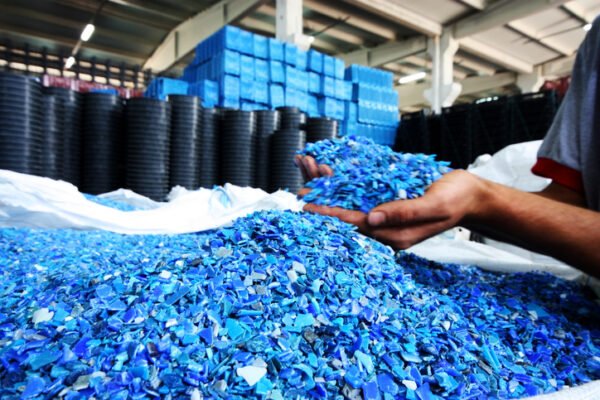Hot on the heels of a year marked by bold zero deforestation commitments, the Global Canopy Programme has launched Forest 500. It’s the first comprehensive ranking of the powerbrokers that control the global supply chains that drive over half of tropical deforestation.
Results show that only a small number of these governments, companies and investors have comprehensive policies in place to protect tropical forests and that, at the current rate, the goal of zero deforestation will not be met.
Buying power – how global super-brands could change the planet
Deforestation’s in our toothpaste
‘We are currently all part of a global deforestation economy. Deforestation is in our chocolate and our toothpaste, our animal feed and our textbooks, our buildings and our furniture, our investments and our pensions.
‘Our goal with the Forest 500 is to provide precise and actionable information to measure the progress of society to achieve zero deforestation. Together, these 500 countries, companies and investors have the power to clean up global supply chains and virtually put an end to tropical deforestation.’
Mario Rautner, Programme Manager of the Global Canopy Programme’s Drivers of Deforestation
Drawing on over 40,000 data points from public and private sources, the Global Canopy Programme has identified, assessed and ranked 250 companies (with total annual revenues in excess of $4.5 trillion), 150 investors and lenders, 50 countries and regions and 50 other ‘influential actors’ in this space.
Together, these 500 powerbrokers control the complex global supply chains of key ‘forest risk commodities’ such as soya, palm oil, beef, leather, timber, pulp and paper. Found in 50% of the packaged products in supermarkets, these products have a combined annual trade value of over $100bn.
The rankings
Following assessment against dozens of policy indicators, only seven of the Forest 500 scored the maximum number of points – companies Groupe Danone (France), Kao Corp. (Japan), Nestle S. A. (Switzerland), Procter & Gamble (US) and Reckitt Benckiser Group (UK), Unilever (UK) and banking and financial services giant HSBC (UK).
At the other end of the scale, 30 companies – many based in Asia and the Middle East – and numerous investors scored zero points.
Companies with higher revenues score significantly better than those with lower revenues. In particular, once companies surpass annual revenues of $10bn, policy scores increase sharply – averaging nearly double that of companies below the $10bn threshold.
 Play Video about This Rock Might Just Save The World
Play Video about This Rock Might Just Save The World Play Video about Play 2 hours of rock
Play Video about Play 2 hours of rock Play Video about Play 2 hours of brook
Play Video about Play 2 hours of brook Play Video about Play 2 hours of sheep
Play Video about Play 2 hours of sheep
